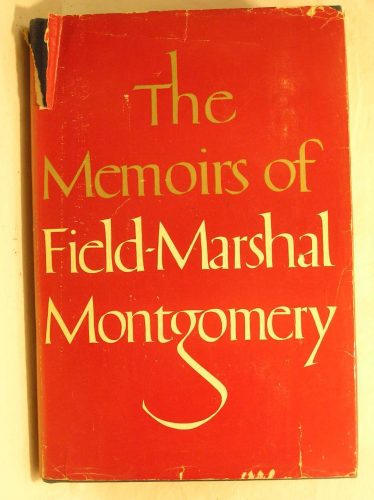Or as another Open Saloner called it, some years ago, “The semi-annual national unity game of chicken”; that is the ostentatious round of saber-rattling which has been played by North Korea every six months or so since … since the armistice which divided the Norks from the Sorks about the time that I was born. I wrote in 2013;
“The Norks do this every six months, usually when they want to squeeze some concessions out of the outside world. It’s like an overgrown toddler throwing an international temper tantrum. Likely, all of his generals (or uncles, even the generals who are not his uncles) have to go along and make the usual noises and poses for the cameras, in spite of the fact that for all their resplendent ribbon-salad displays – they have not fought an all-out, balls-to-the wall war since 1954. Which war was nearly sixty years and three wars ago, as Americans are counting it, which means that their equipment must be getting pretty worn-out as well as their tactical schemes and field practice for using them – outside the boundaries of a pretty tightly-controlled war game which will allow no margin for making the Kim dynasty’s pet soldiers look bad in any way, shape or form … while they might have been able to buy some new stuff on the international black market – which hints that those drug sales by their diplomatic staff must really be paying off, big-time, and they might actually be able to hit what they might be aiming at, on a good day, depending on what they have purchased, and if their vendors didn’t rob them blind, and if the Chinese actually gave them some of the good stuff … I do believe they can hit Seoul on a good day with their artillery, and kidnap lonely strangers off the beachfront towns in Japan in the wee hours, and possibly come close to hitting Japan with something high-explosive … whacking the continental United States with a ballistic missile is a bit of a chancy prospect.”
